Blog & News Section
Latest News from MRB and the Industry
Scotland’s Over 60s At Risk From Unsafe Electrics
The vast majority of older people in Scotland want to stay in their own homes but a new report highlights how unsafe electrics can make that a risky business. With 78% of their homes in disrepair (and[...]
Read MoreSparks fly between MPs in debate over faulty electrical goods
The Government has acknowledged the importance of the leading safety charity Electrical Safety First’s campaign against dangerous electrical items. This was recently highlighted by media headlines a[...]
Read MoreNew Website Live
We have been working hard to simplify our website and make it more compatible with mobile and tablet devices. We hope to add more frequent updates on this site so “Watch this Space” 🙂[...]
Read MoreGallery
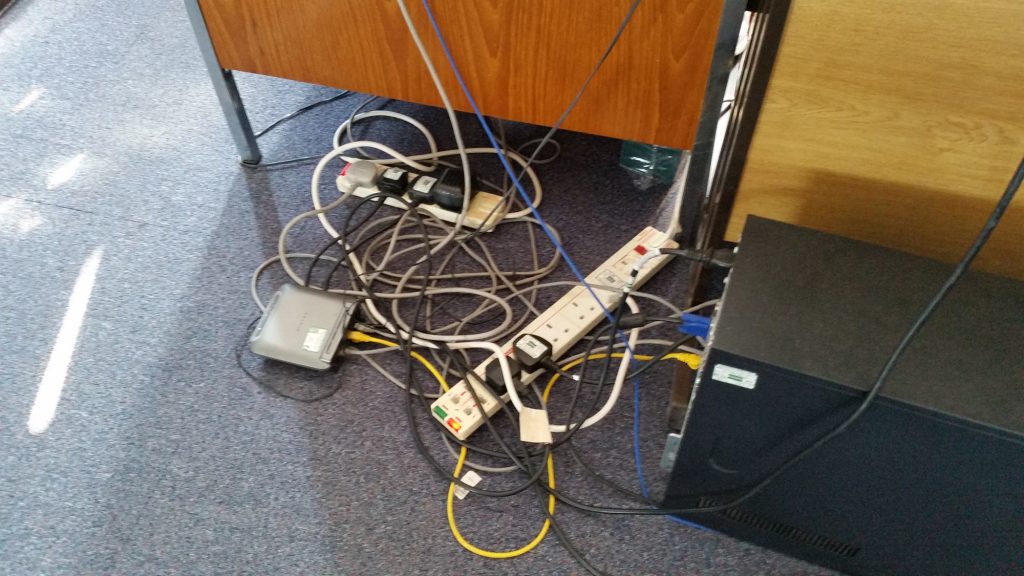
Dangerous Cabling
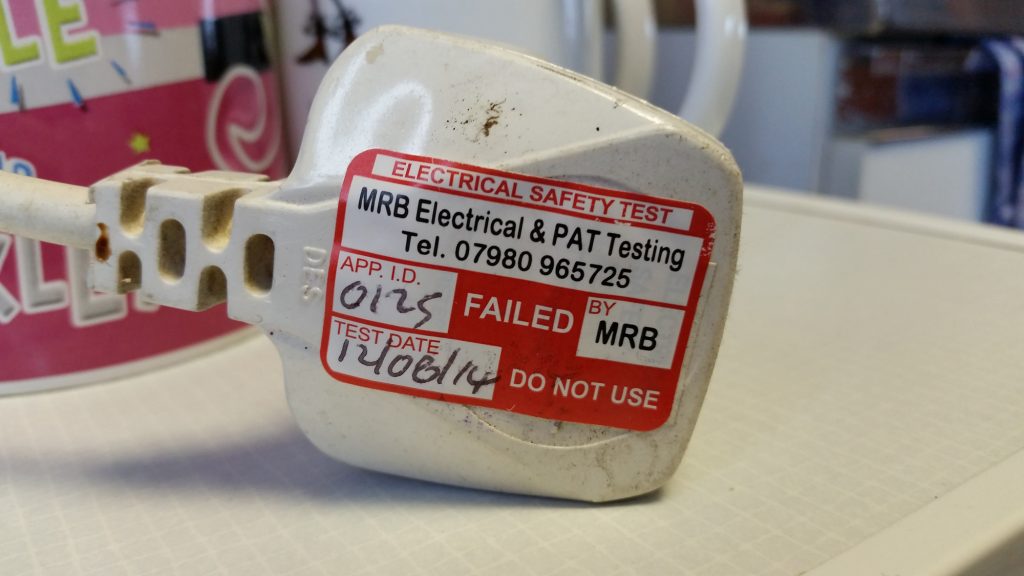
Fridge PAT Testing
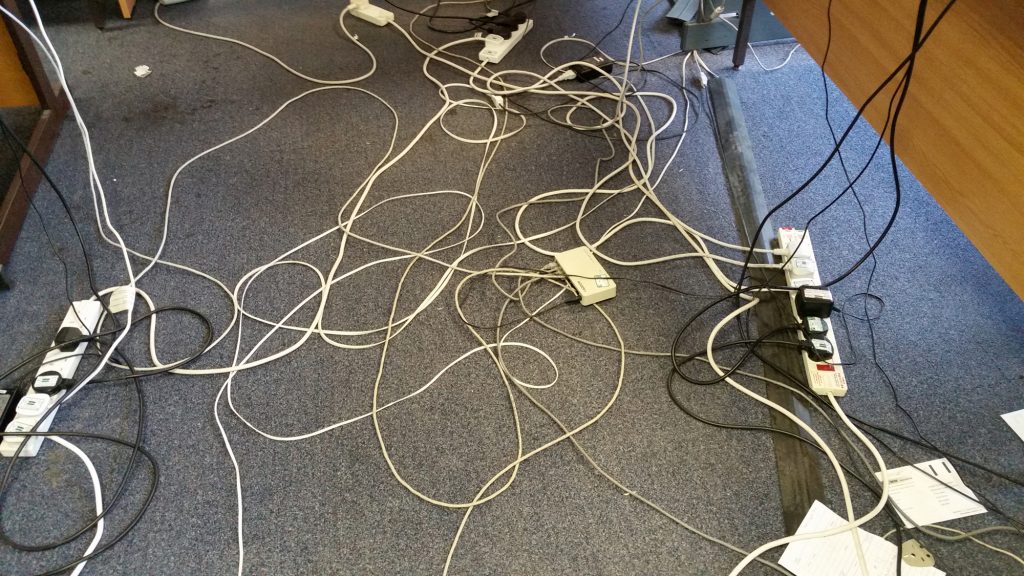
Unprotected appliance cables
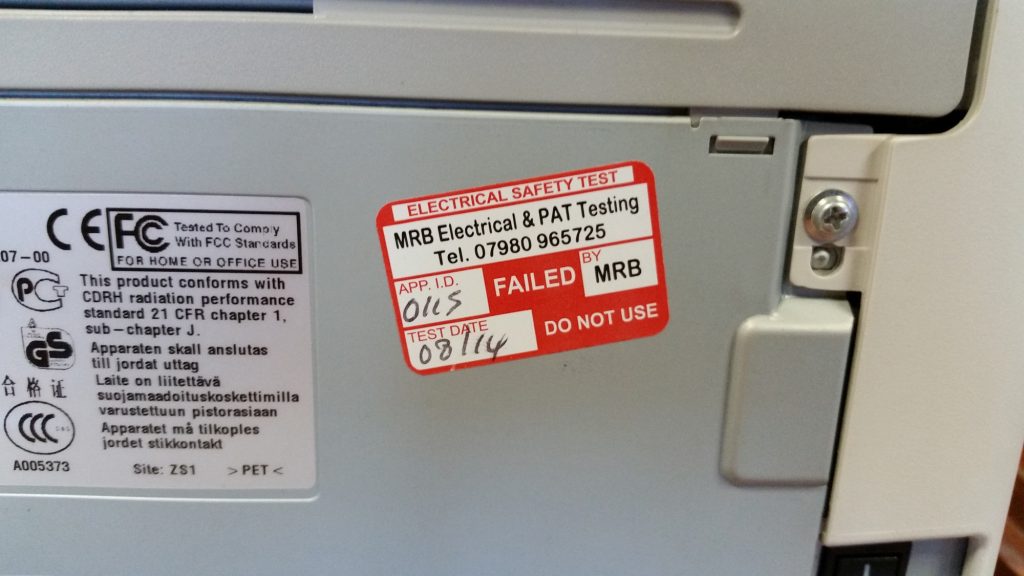
Printer / IT Equipment PAT Testing
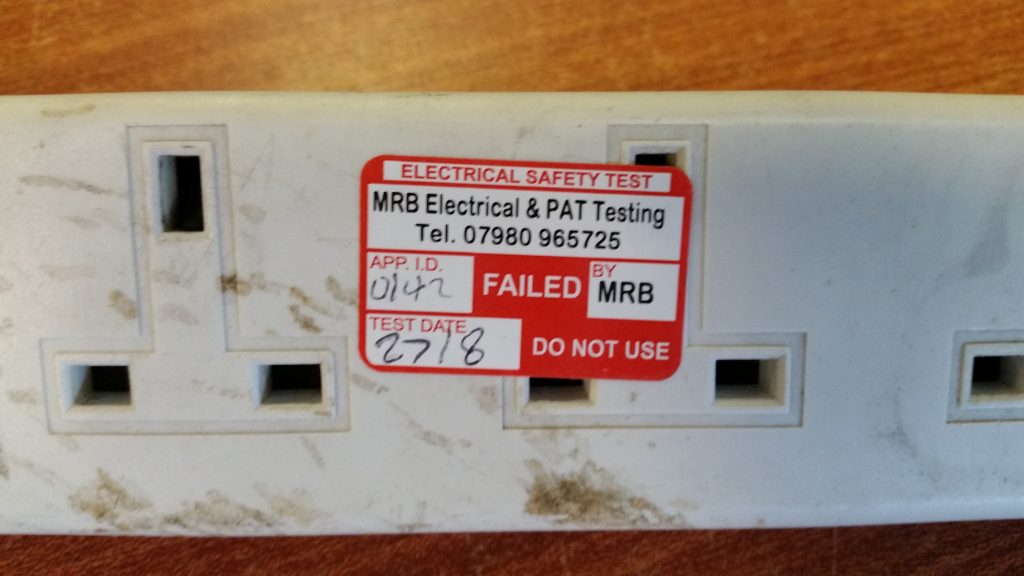
Extension Lead PAT Testing
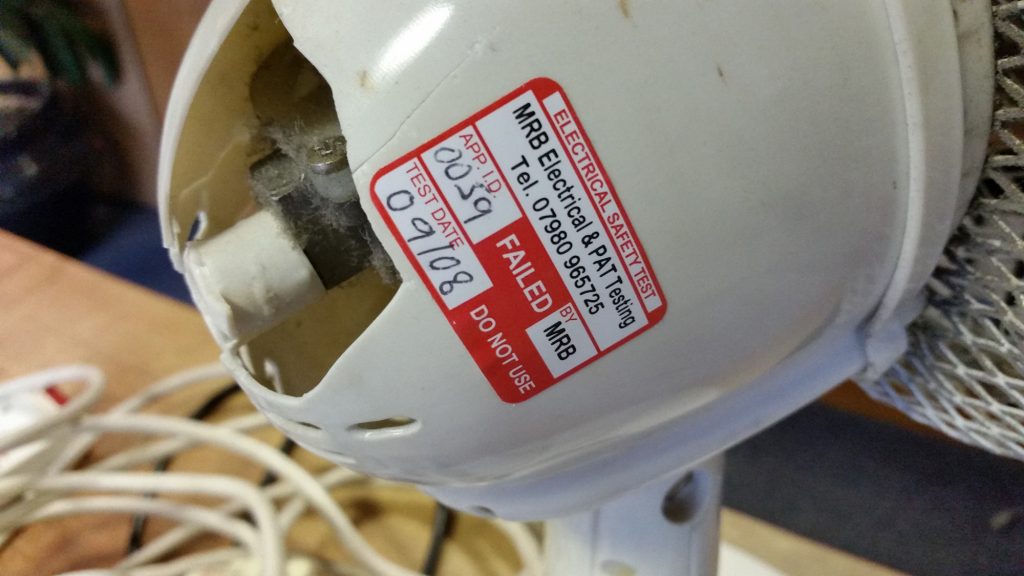
Desktop Fan PAT Testing
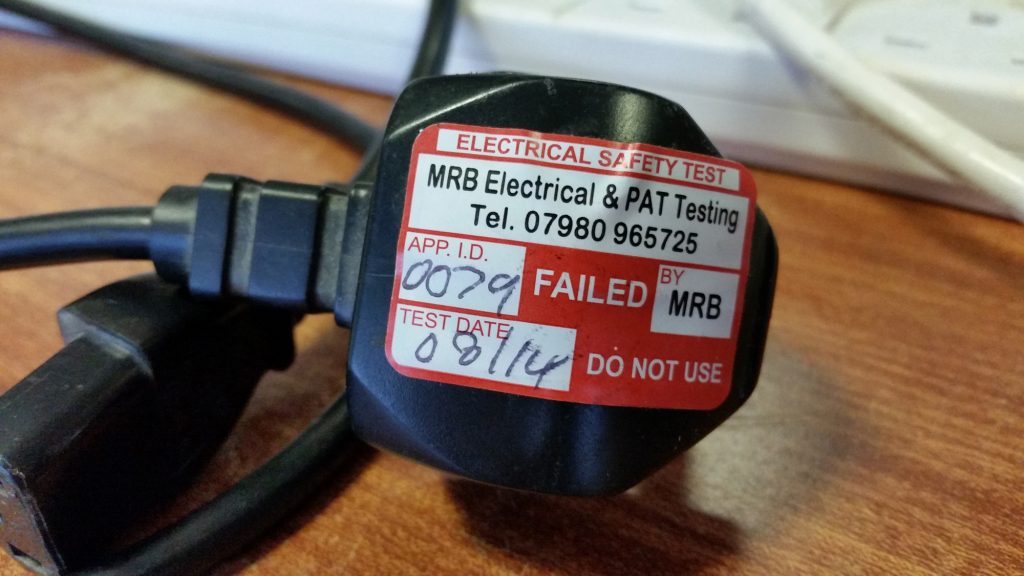
IEC Lead / IT Equipment PAT Testing
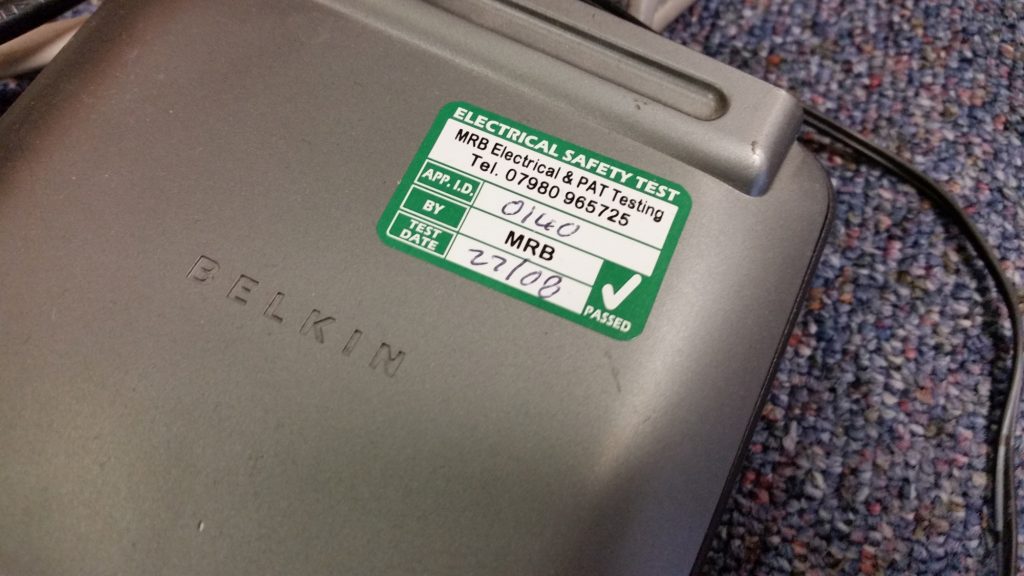
Router / IT Equipment PAT Testing

Server / IT Equipment PAT Testing
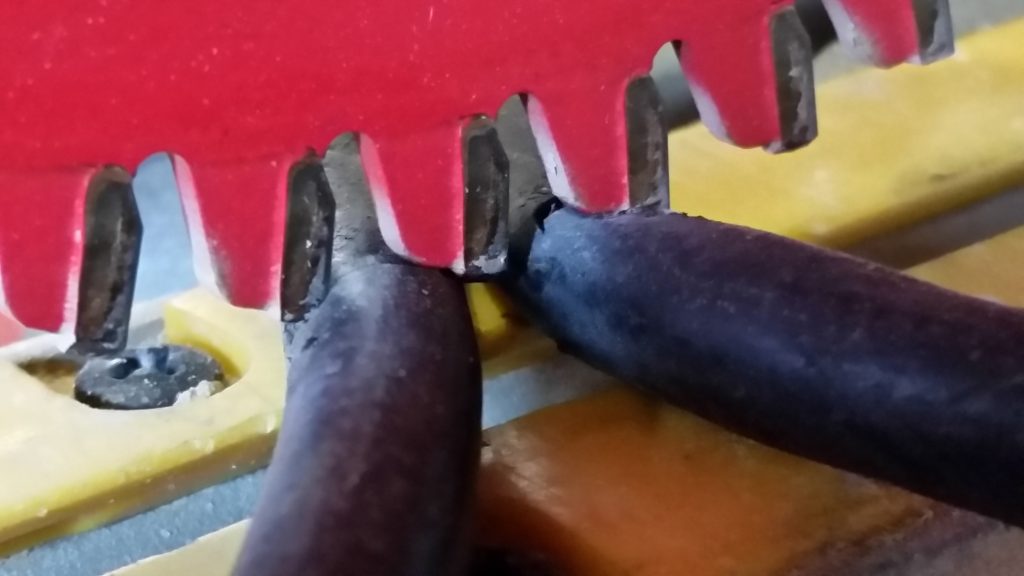
Careless storage of the cable
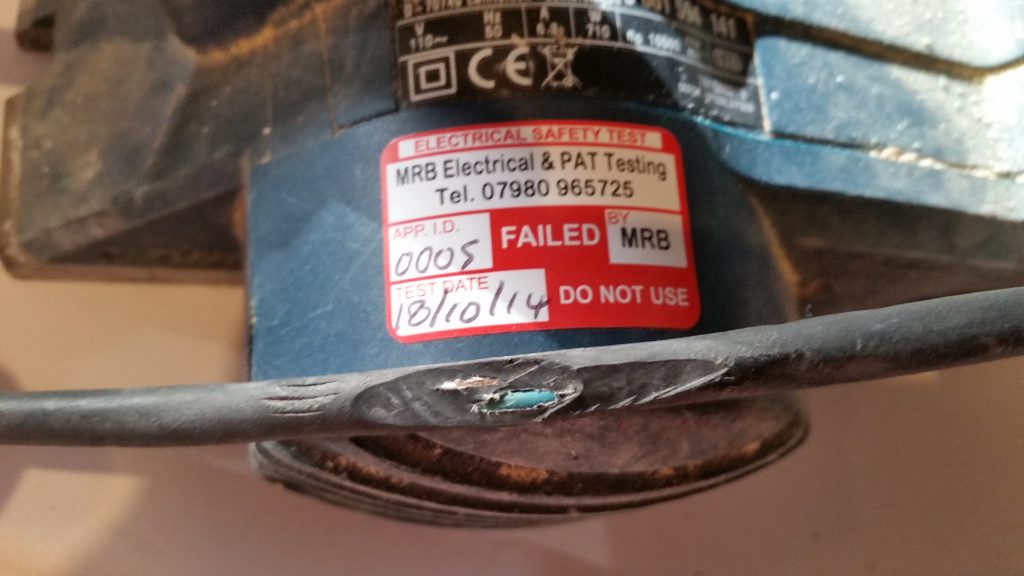
Exposed live conductor insulation
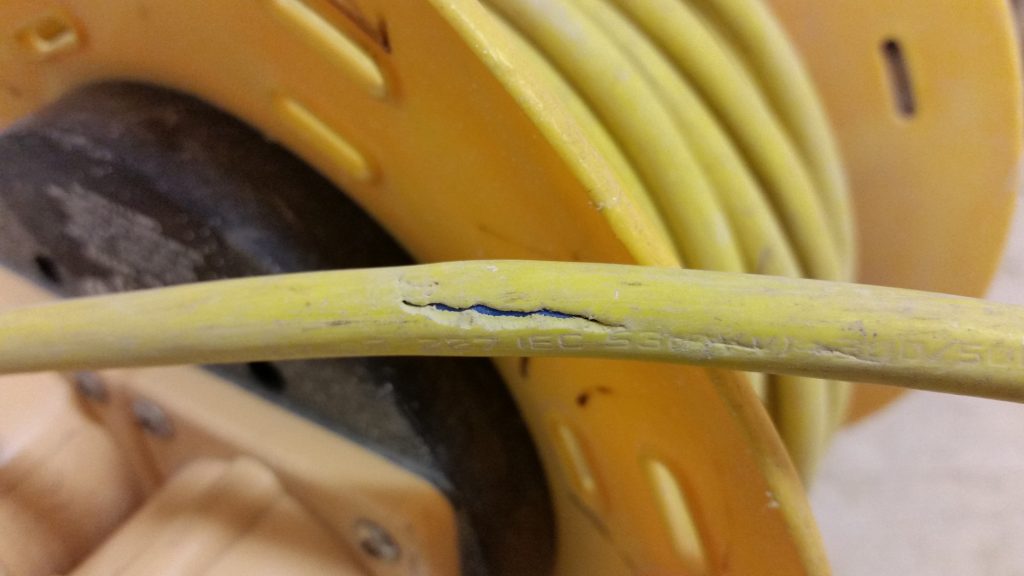
Damaged outer sheathing
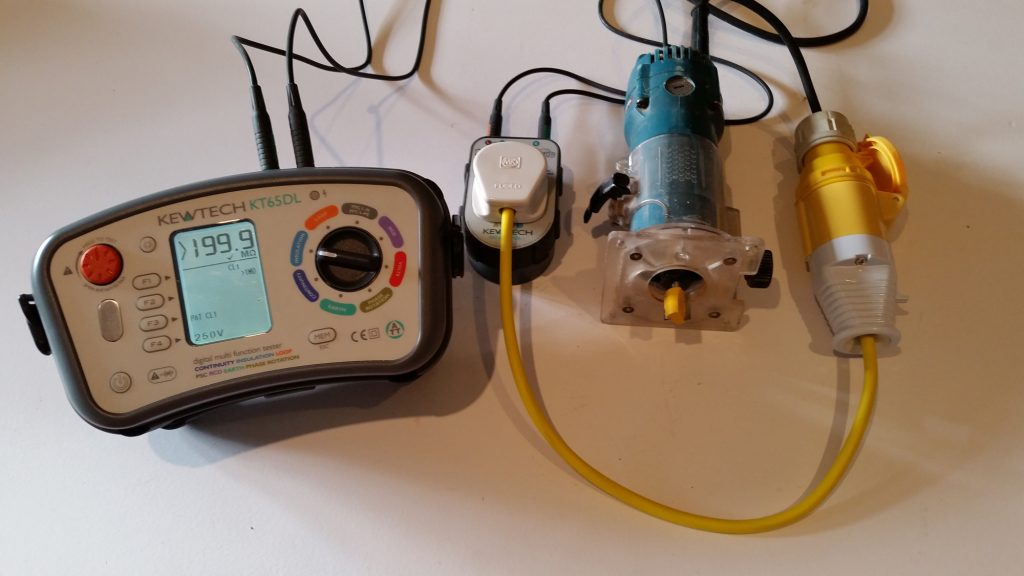
Router insulation 110v testing

Hammer drill insulation testing
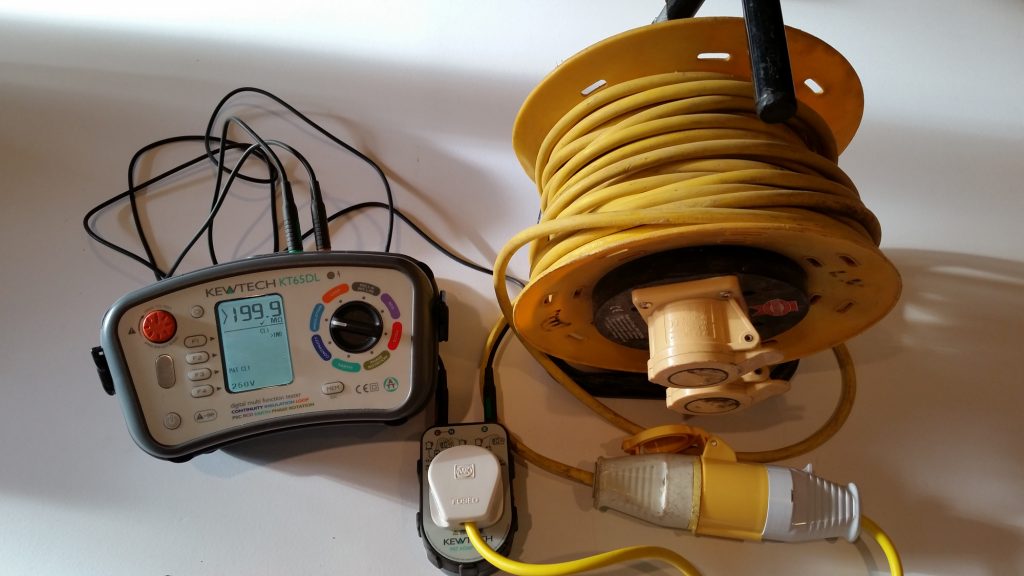
Extension Reel insulation testing
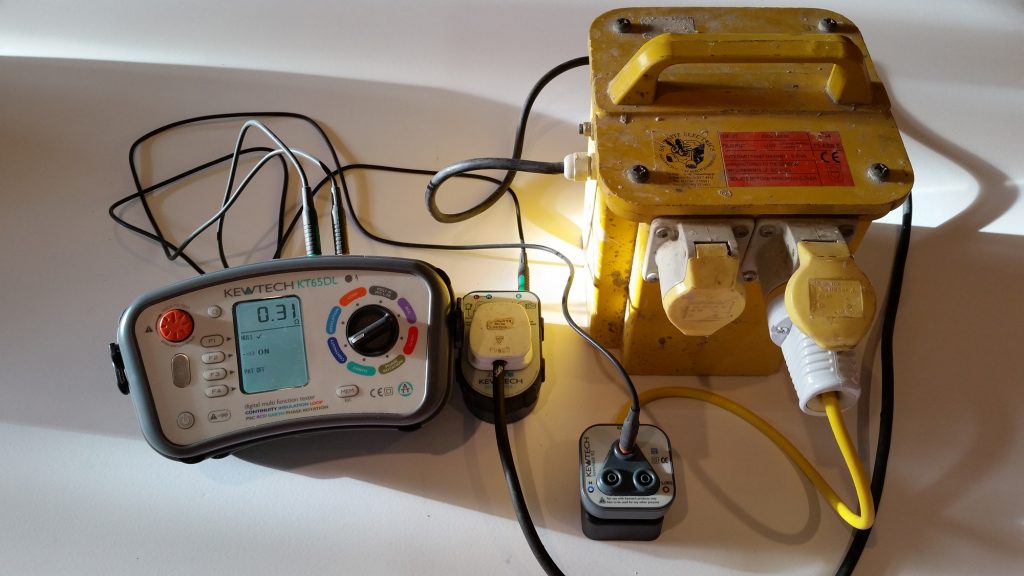
30 amp Transformer continuity PAT
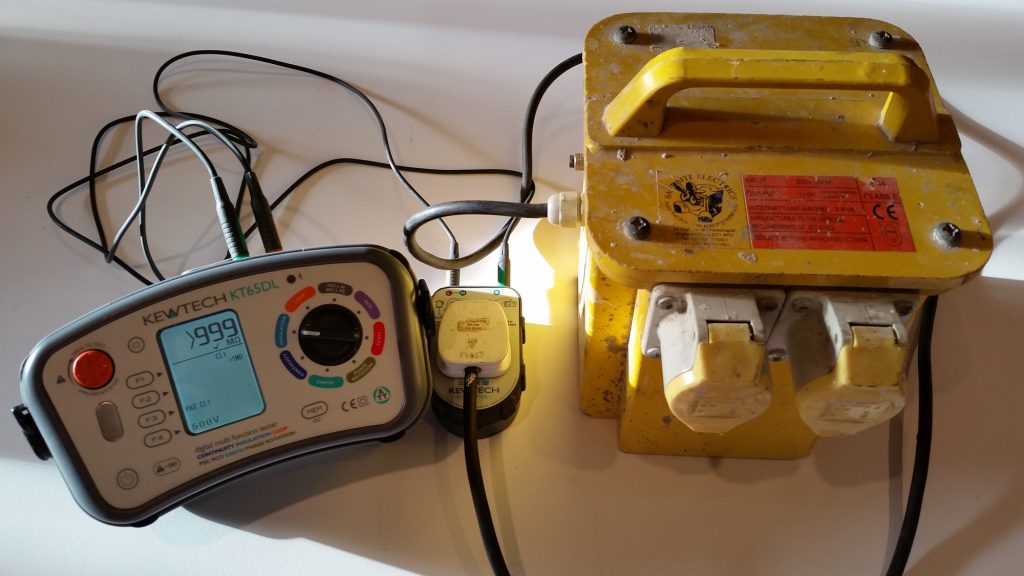
Transformer insulation testing
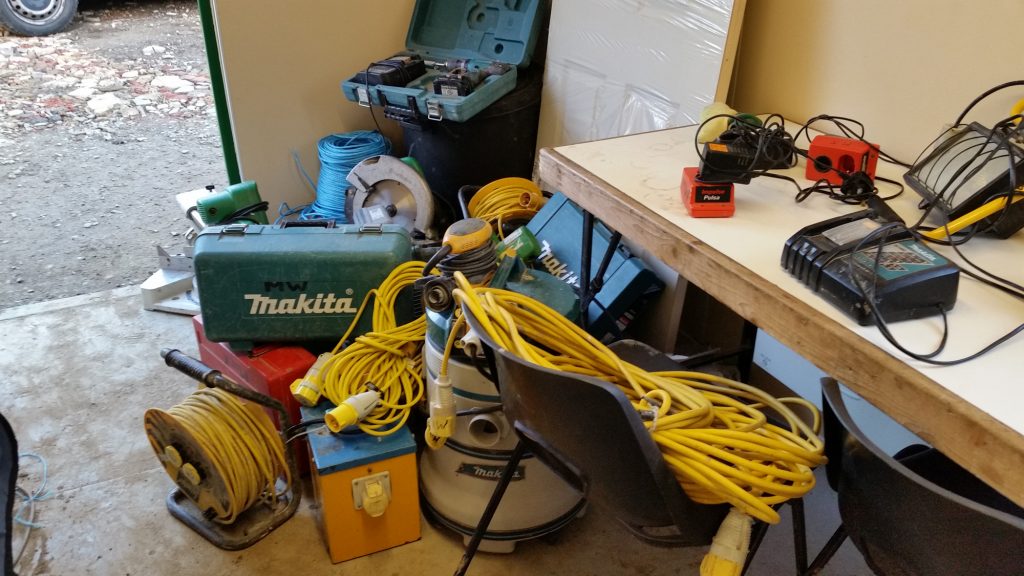
Construction site equipment PAT
-
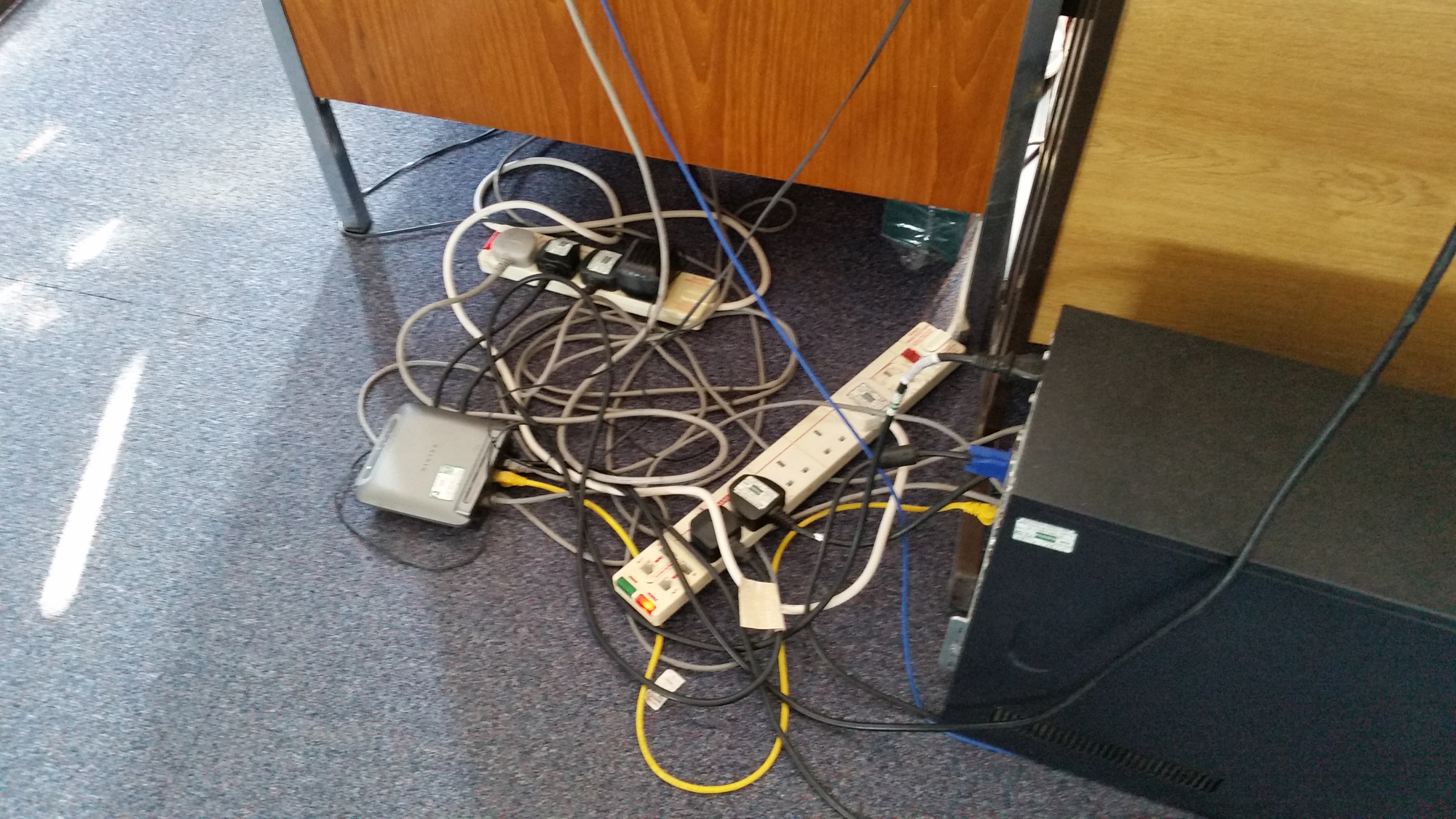
Dangerous Cabling
As well as being dangerous, cabling like this can also increase the time it takes to carry out PAT Testing. -
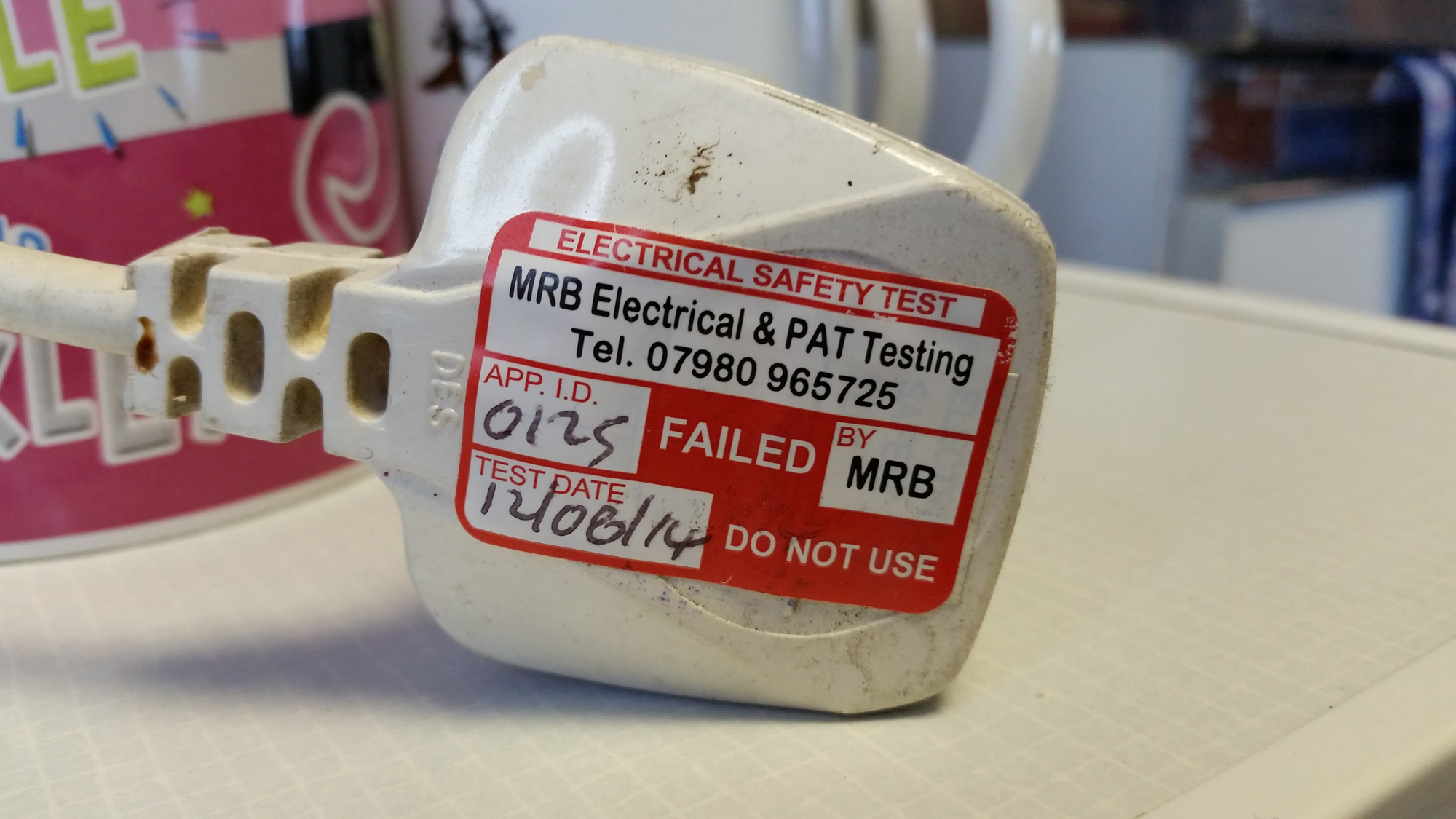
Fridge PAT Testing
Fridge PAT Testing – this office fridge failed on continuity. Under fault conditions, an earth leakage to the chassis or body could have caused injury from electric shock, or worse -
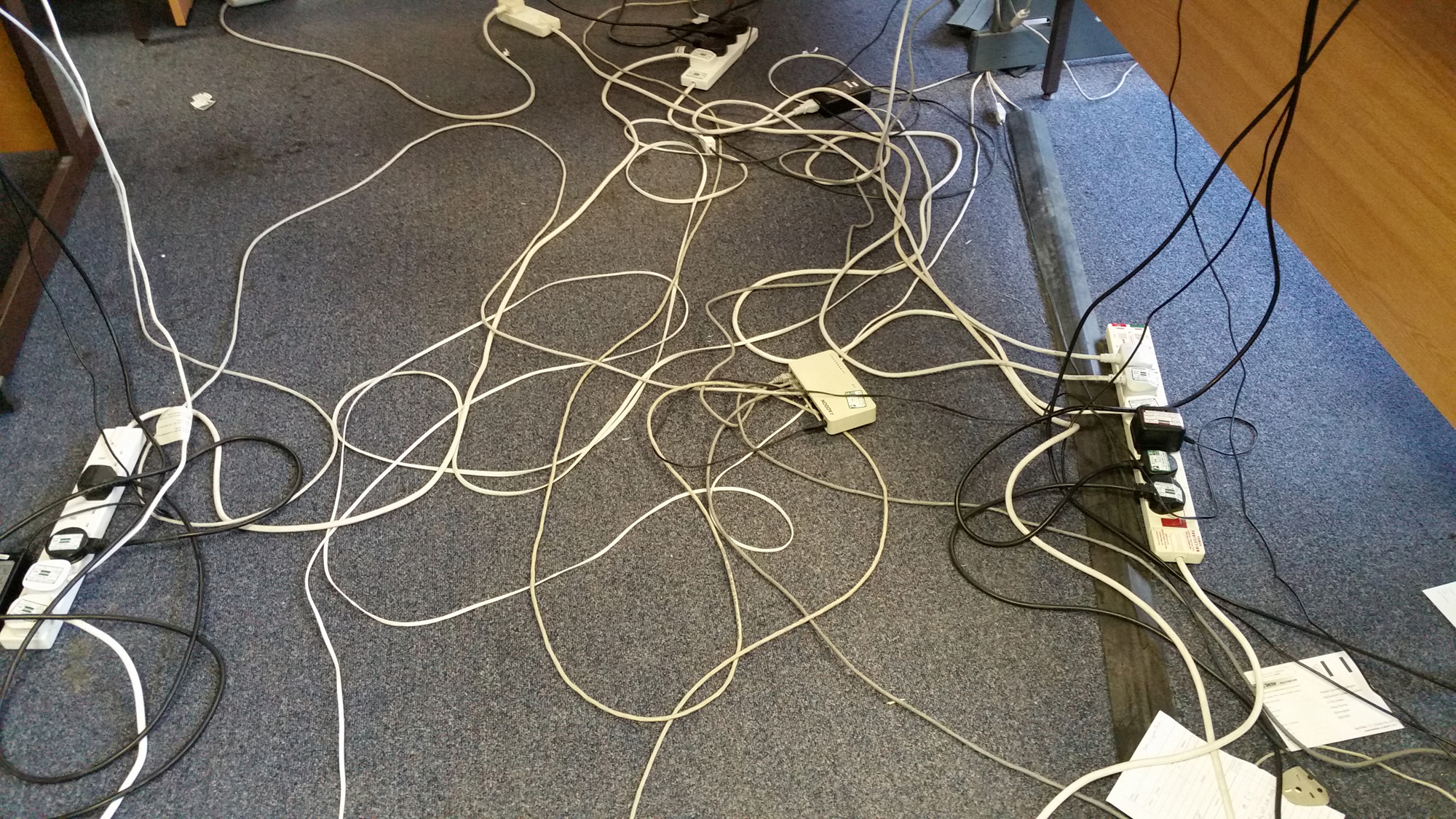
Unprotected appliance cables
Apart from health and safety issues, unprotected appliance cables are prone to damage from foot traffic, potentially resulting in PAT Testing failure. -
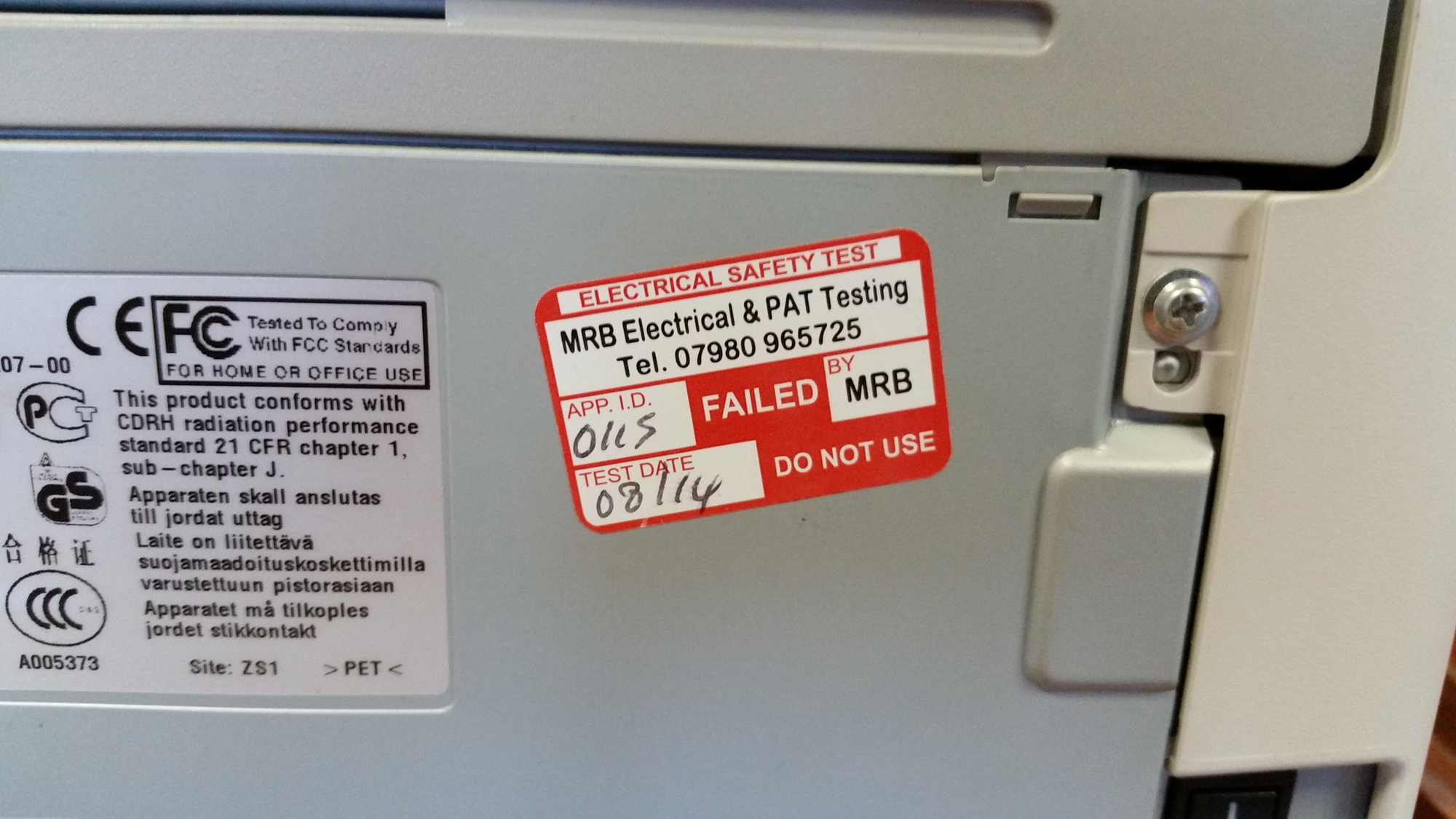
Printer / IT Equipment PAT Testing
Printer / IT Equipment PAT Testing – this printer failed due to a loose IEC socket causing it to switch on and off repeatedly. -
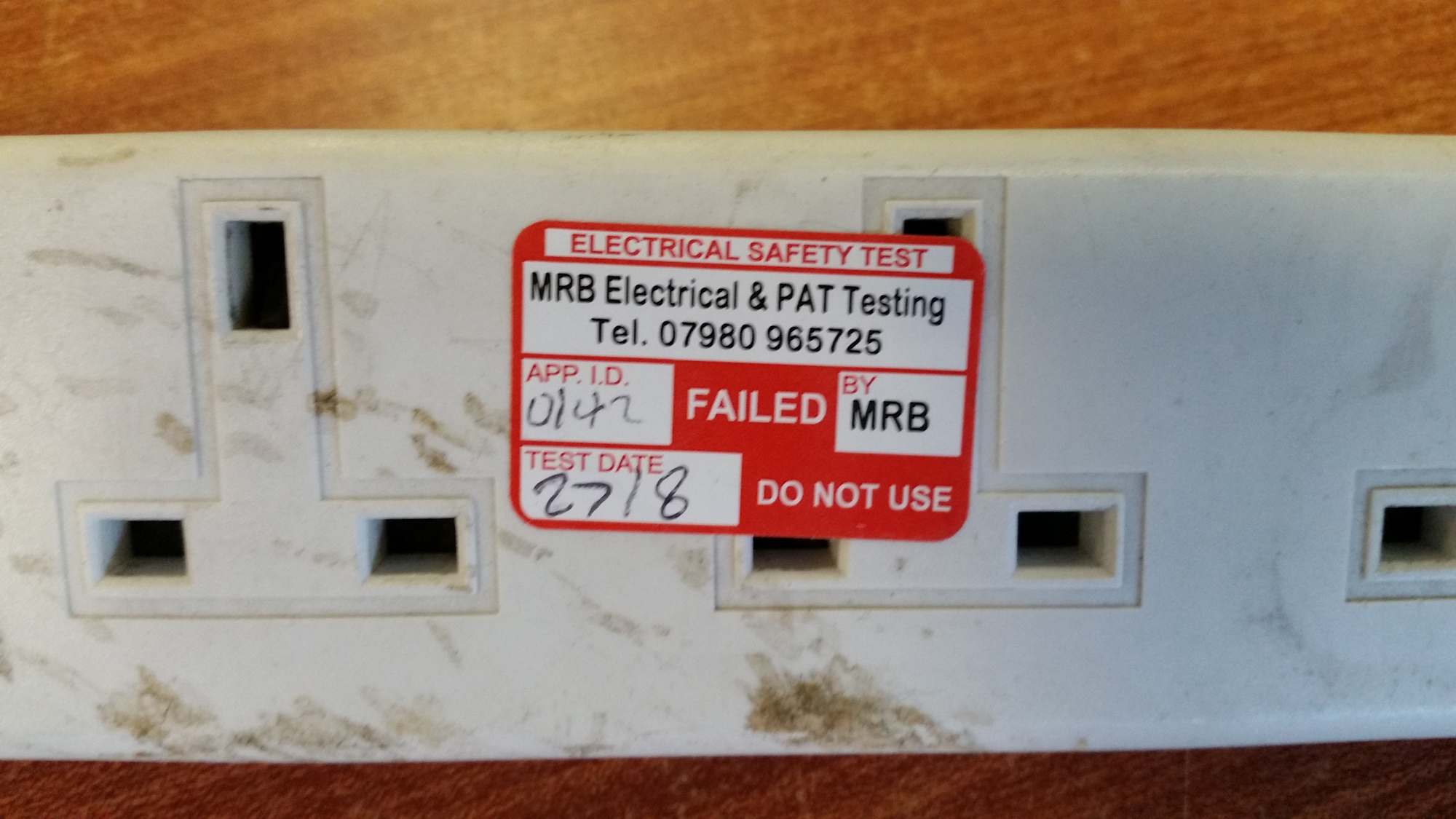
Extension Lead PAT Testing
Extension Lead PAT Testing – this failed upon visual inspection due to internal rattling meaning integrity could be compromised. -
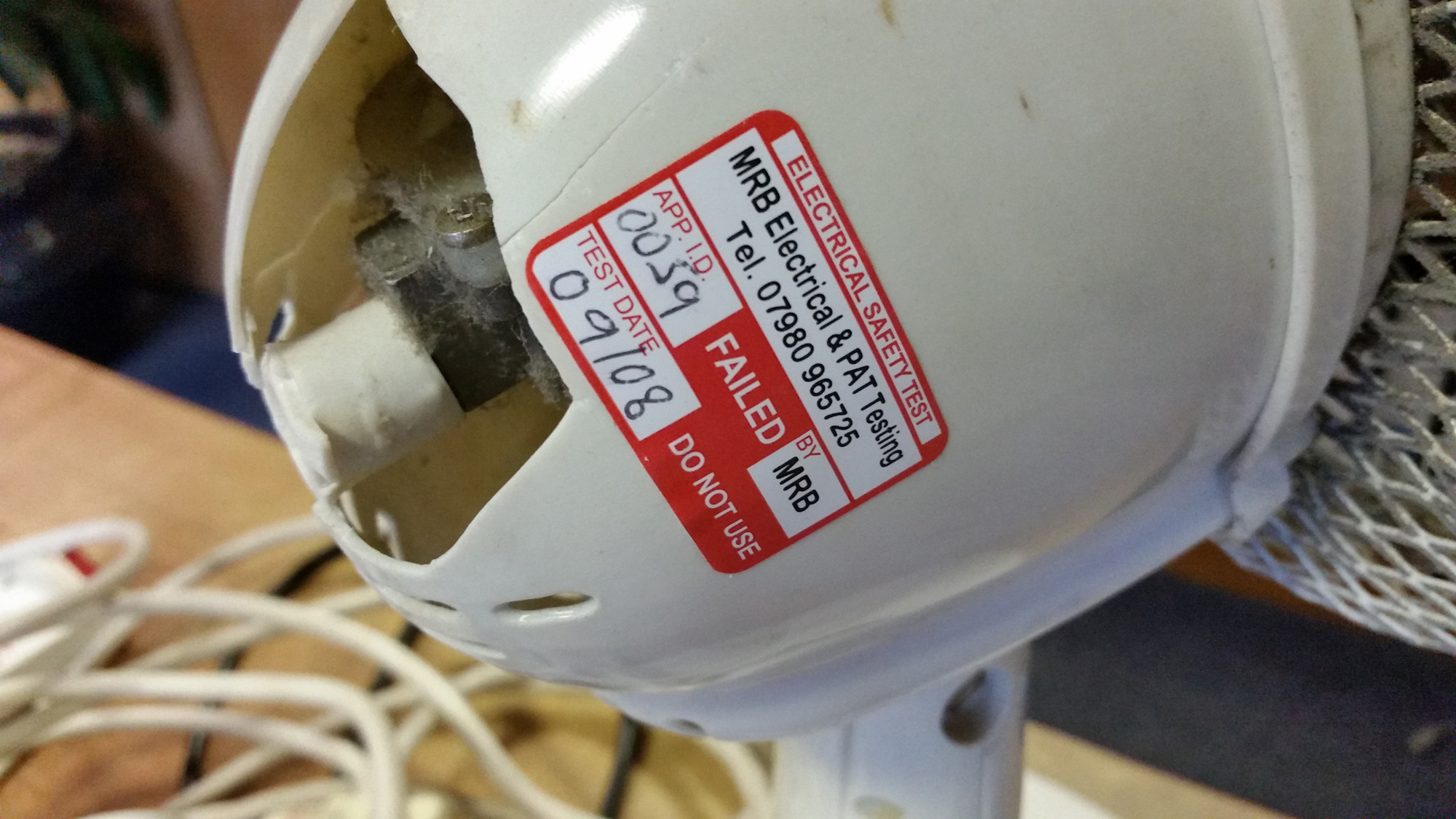
Desktop Fan PAT Testing
Desktop Fan PAT Testing – this failed upon visual inspection as the case was cracked, exposing live internal parts. -
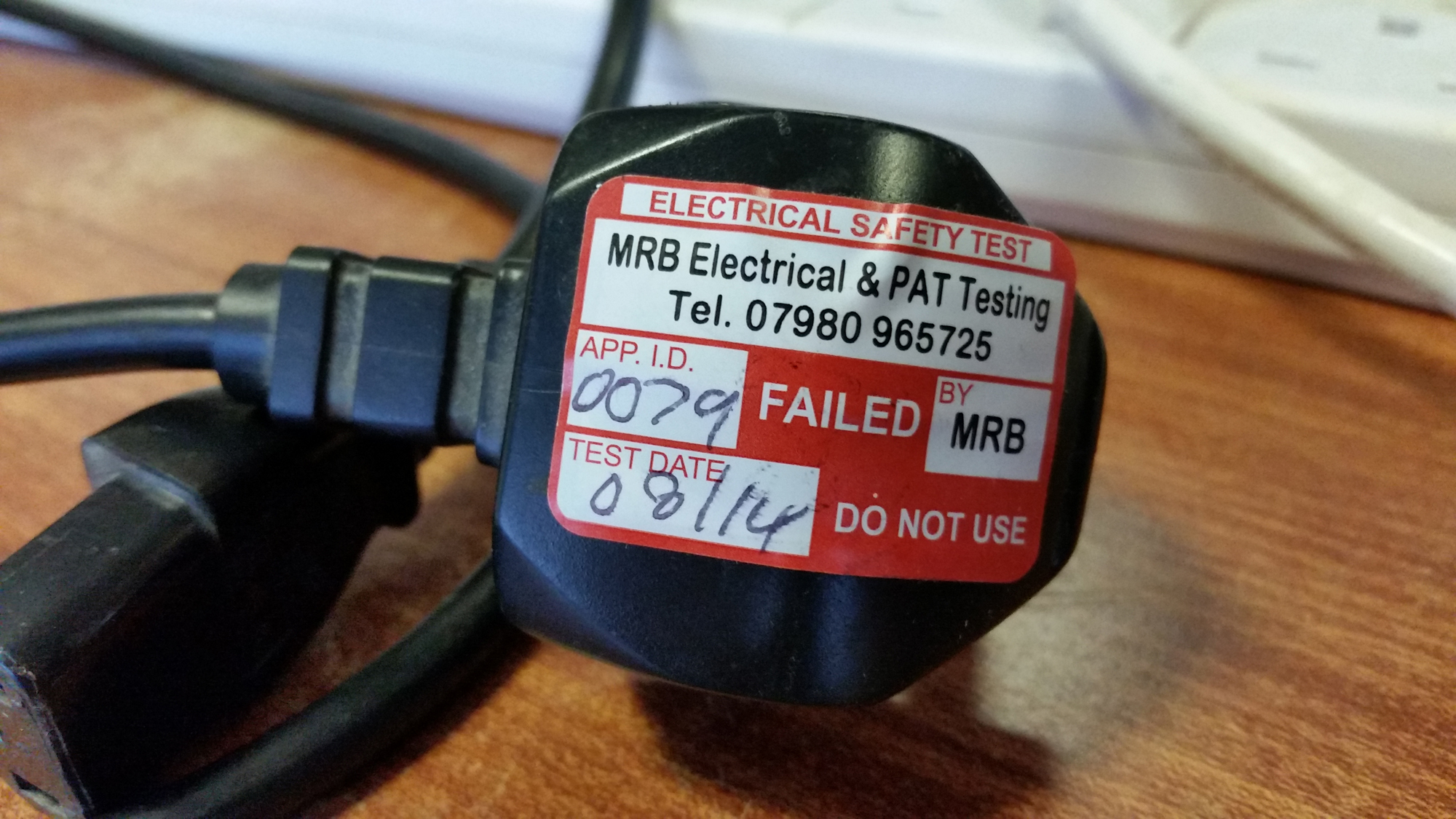
IEC Lead / IT Equipment PAT Testing
IEC Lead / IT Equipment PAT Testing – this IEC lead failed on continuity – a common failure with IEC Leads. -
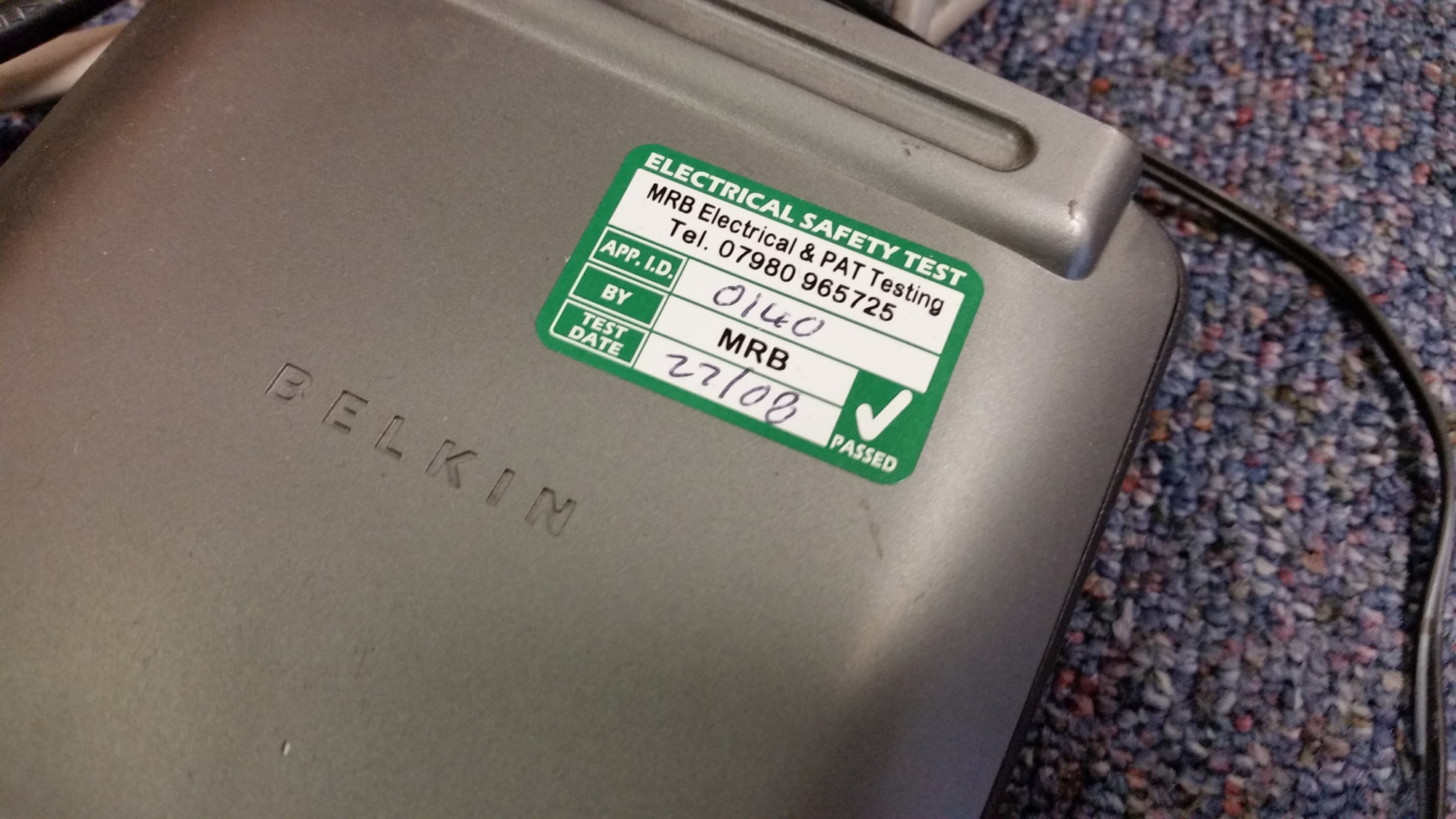
Router / IT Equipment PAT Testing
Router / IT Equipment PAT Testing – the Green 4th Edition compliant label indicates a pass and is safe for continued use. -
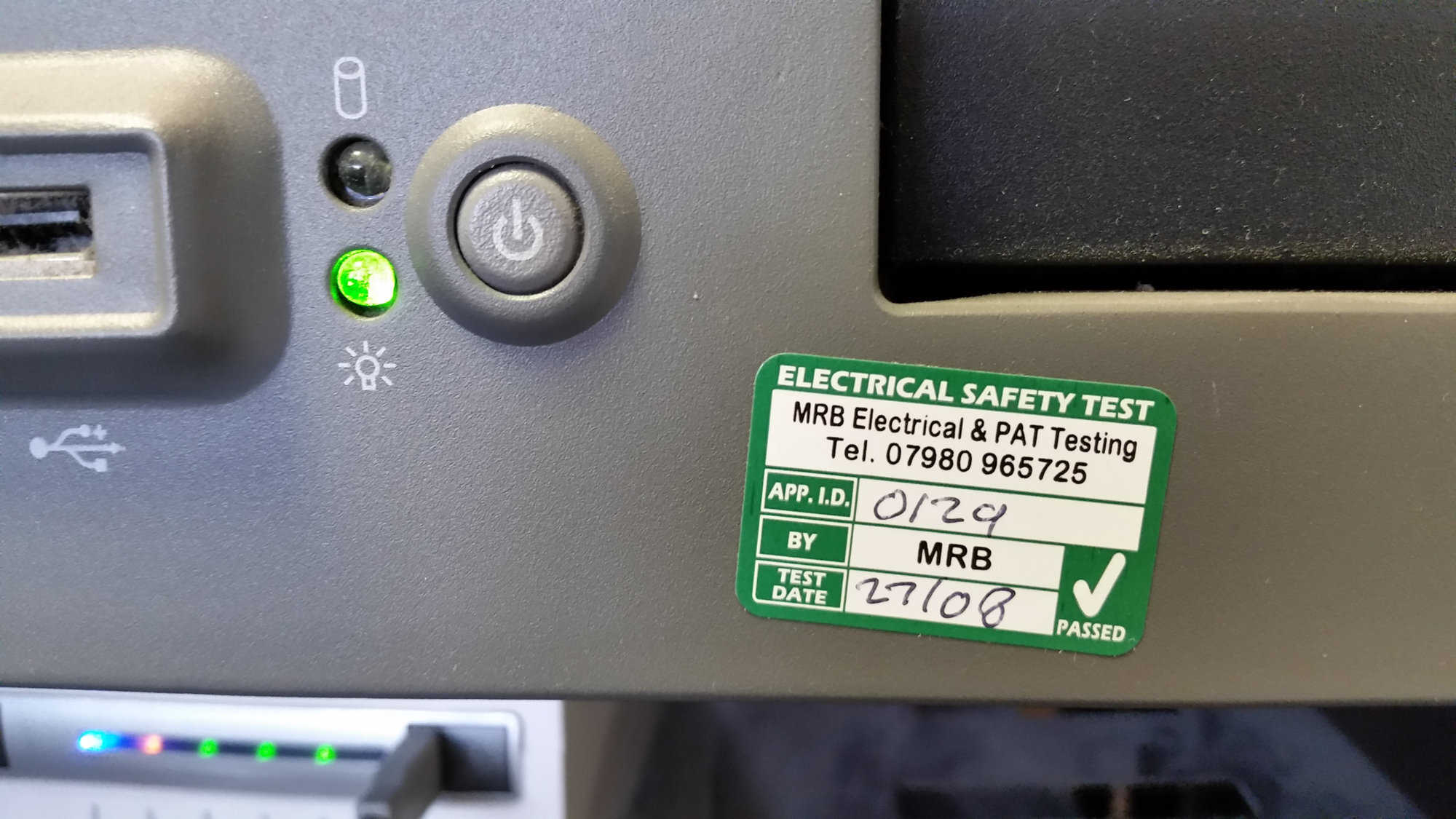
Server / IT Equipment PAT Testing
Server / IT Equipment PAT Testing – the Green 4th Edition compliant label indicates a pass and is safe for continued use -
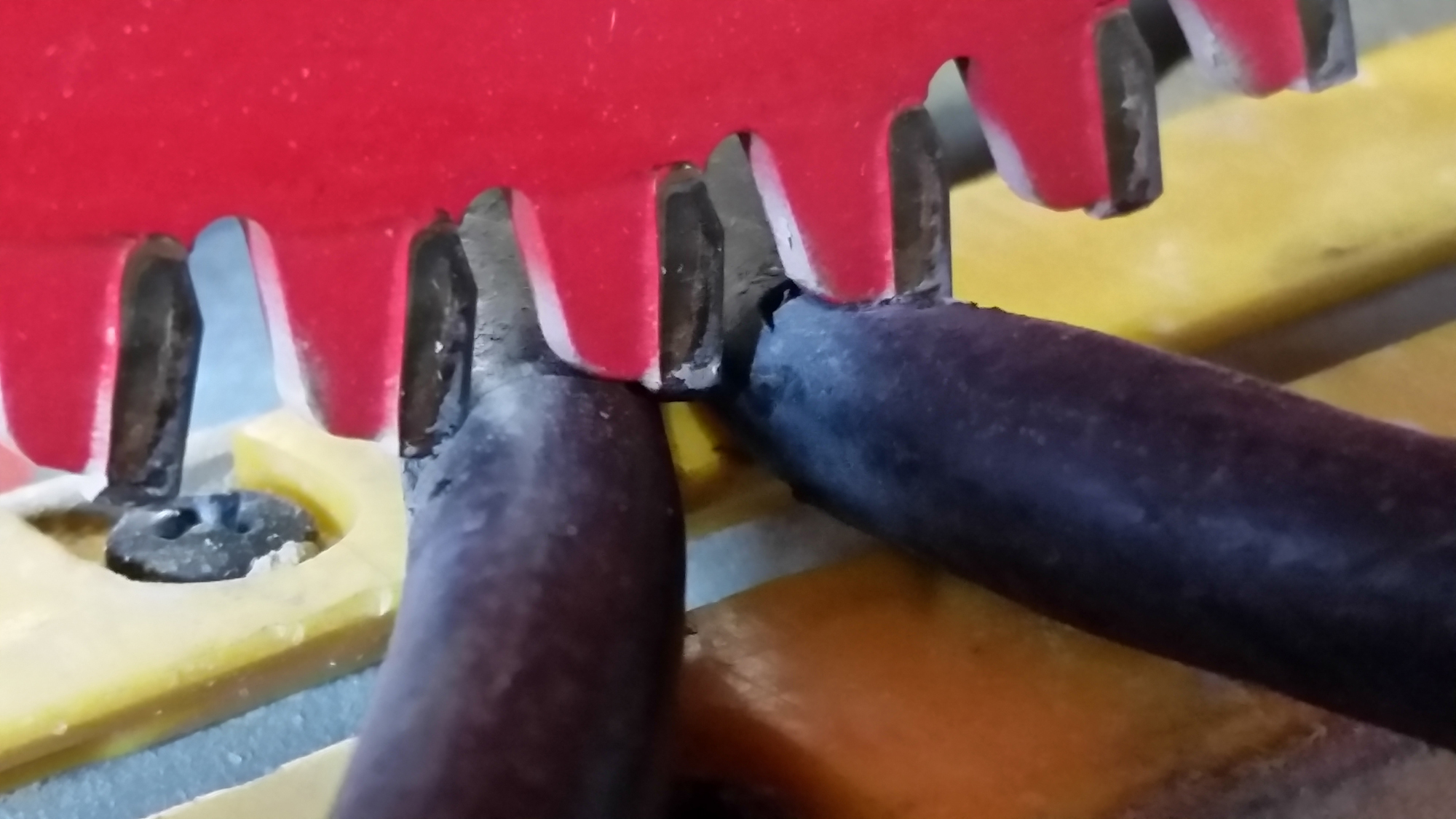
Careless storage of the cable
Careless storage of the cable meant formal visual inspection failure for this 110v mitre saw as the blade teeth caused damage to the cable outer sheathing. -
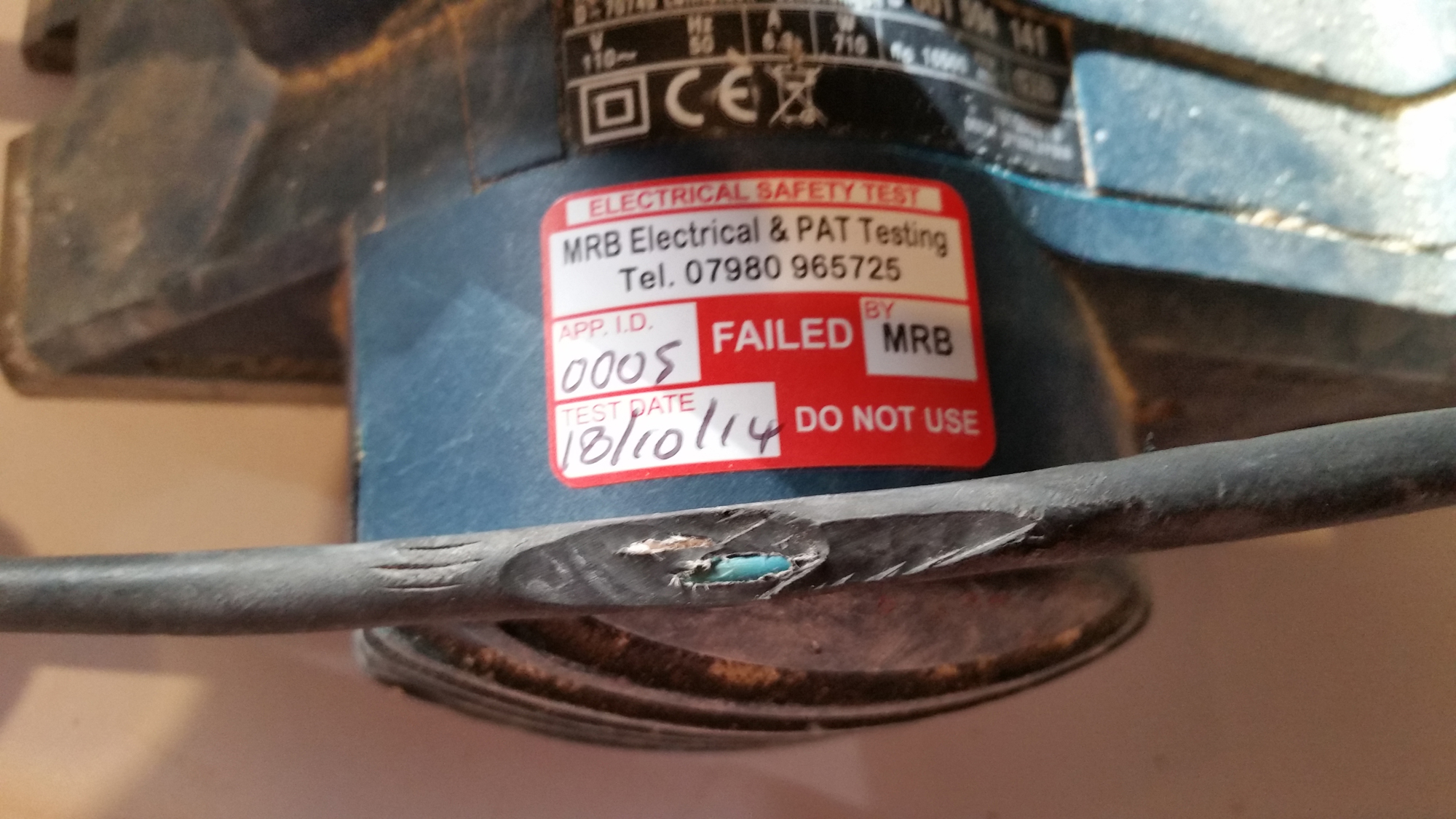
Exposed live conductor insulation
Exposed live conductor insulation meant this 110v router failed on formal visual inspection. -
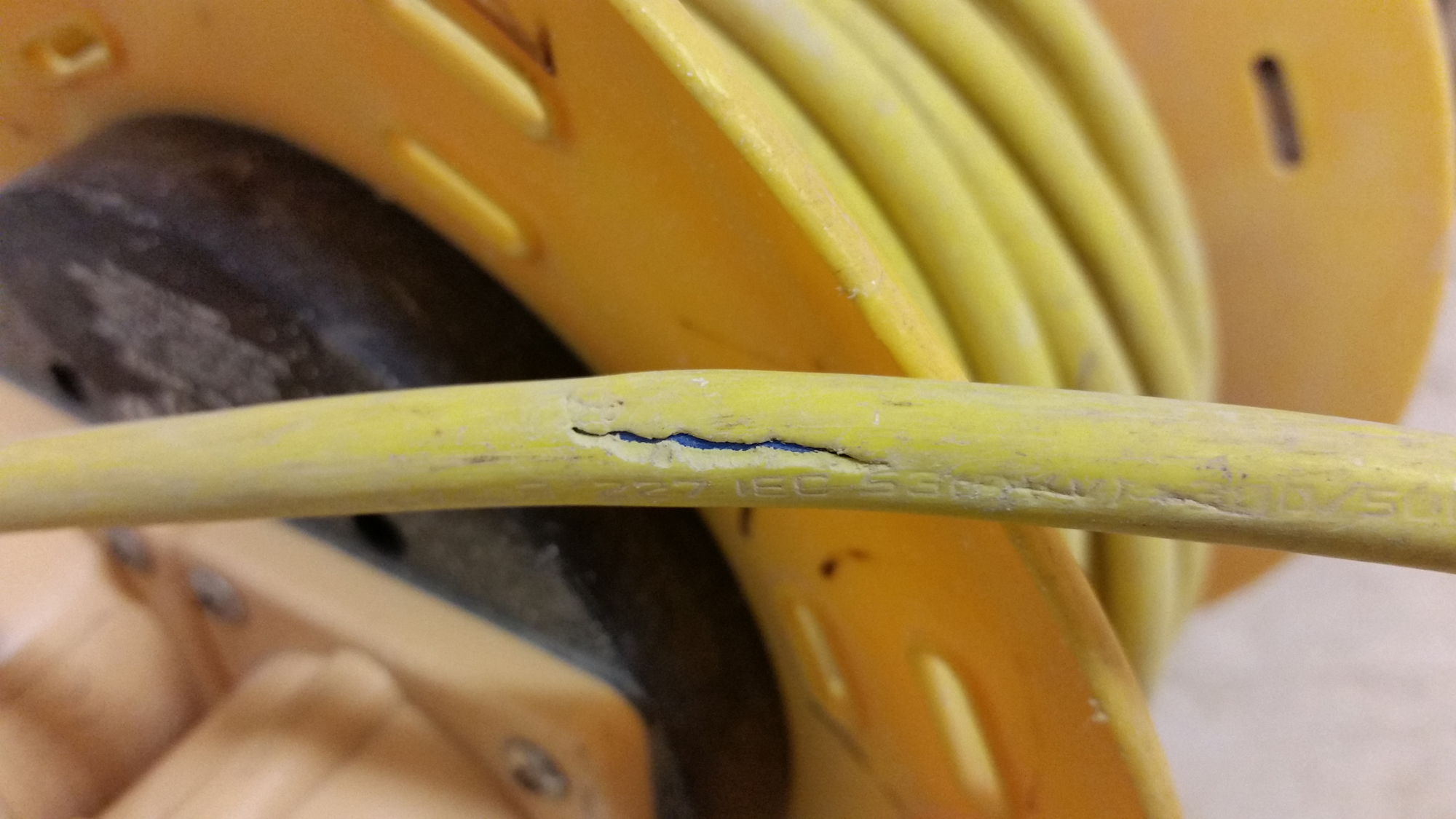
Damaged outer sheathing
Damaged outer sheathing meant this 110v extension reel failed on formal visual inspection. -
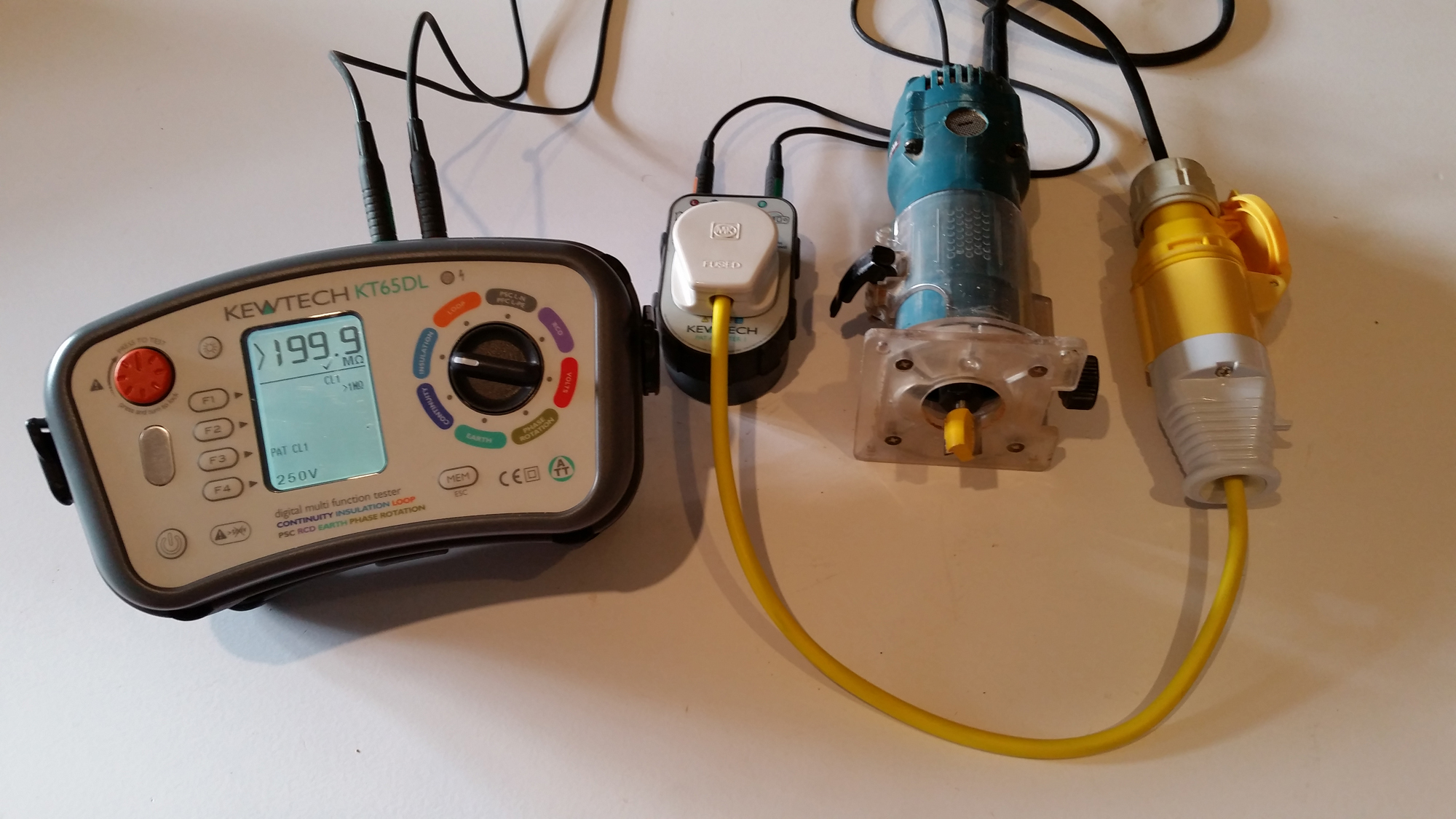
Router insulation 110v testing
Router insulation resistance 110v portable appliance testing for building contractors. -
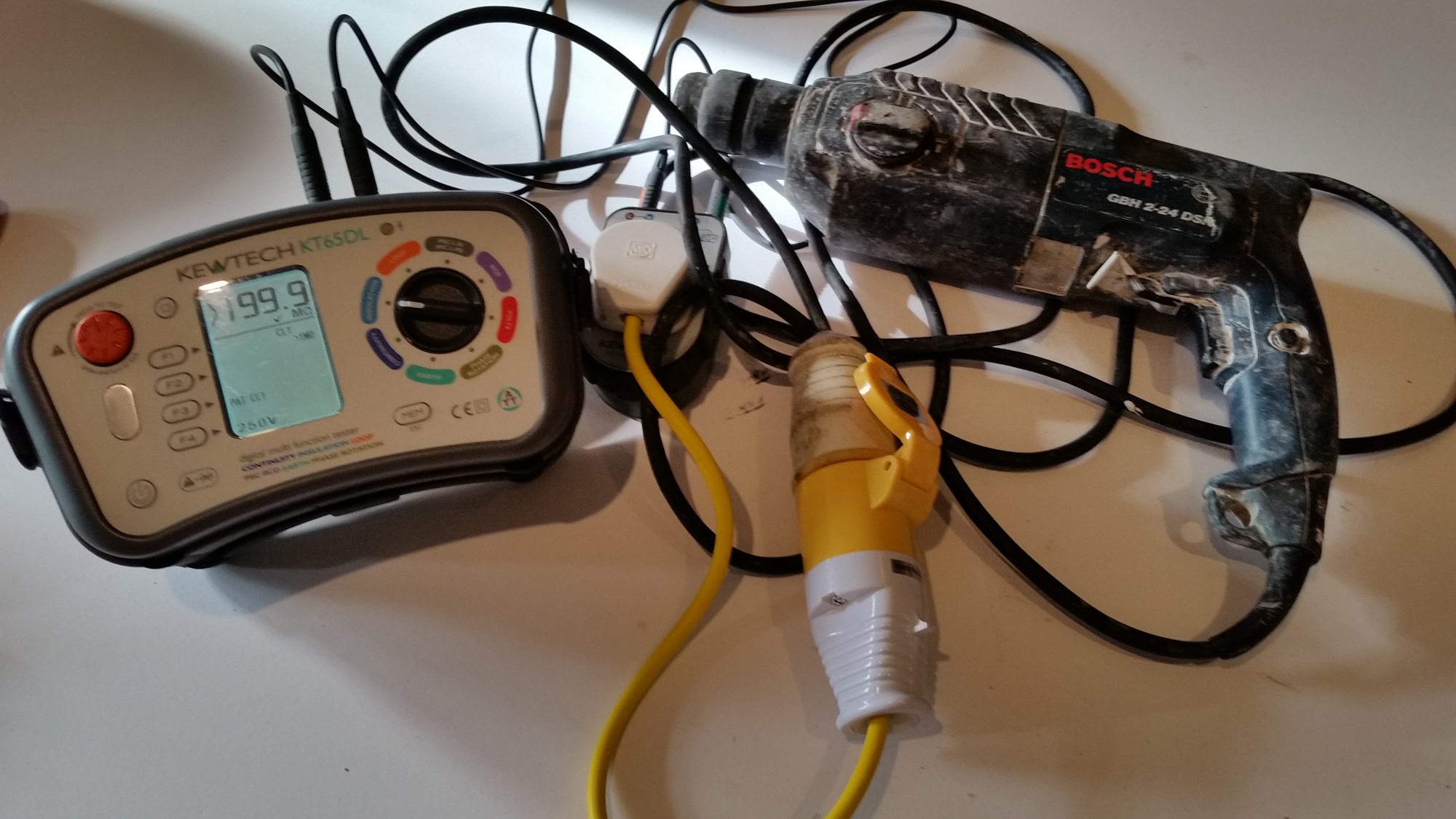
Hammer drill insulation testing
Hammer drill insulation resistance PAT Testing on 110v construction equipment. -
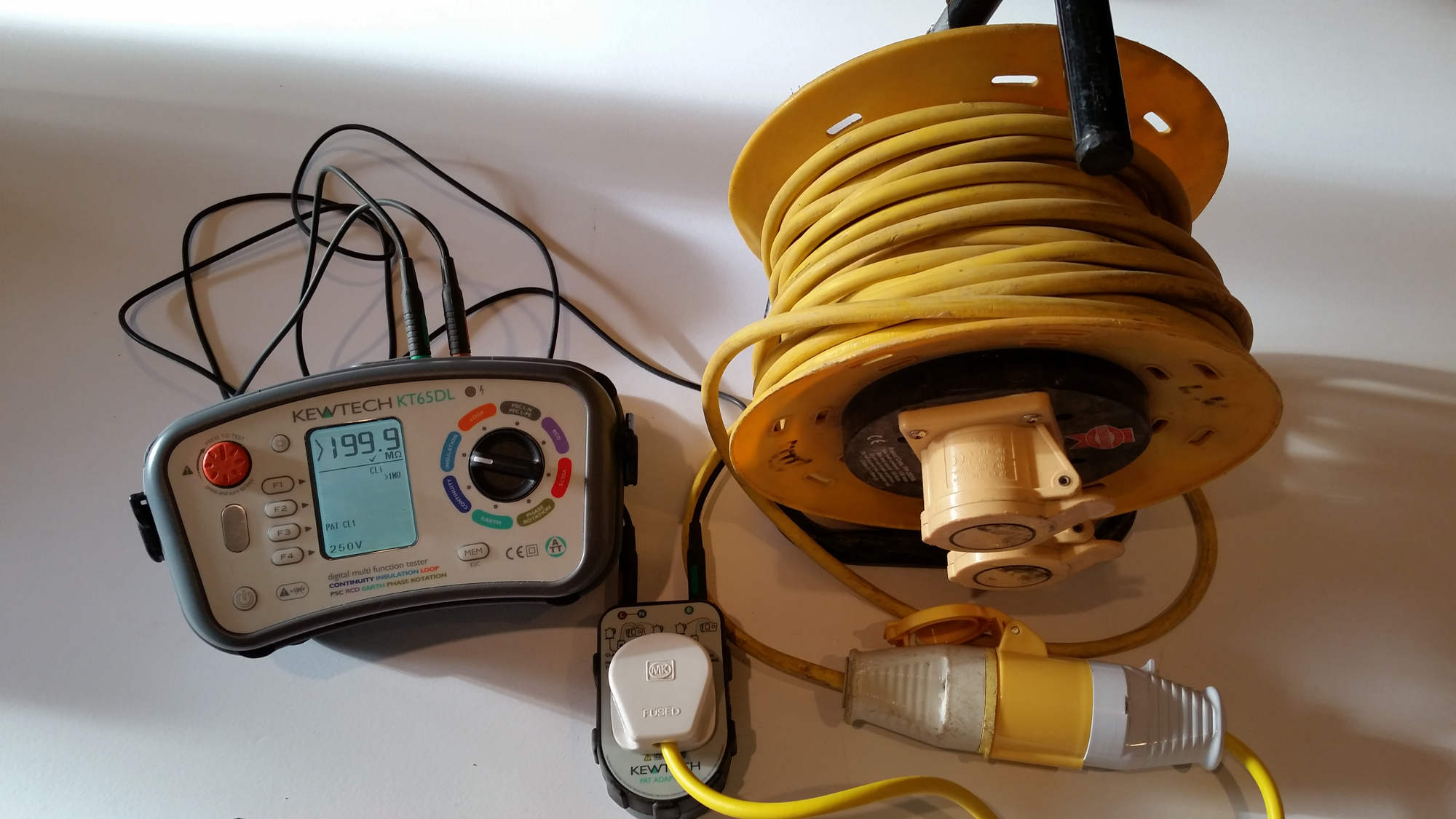
Extension Reel insulation testing
Extension Reel insulation resistance 110v portable appliance testing for building contractors. -
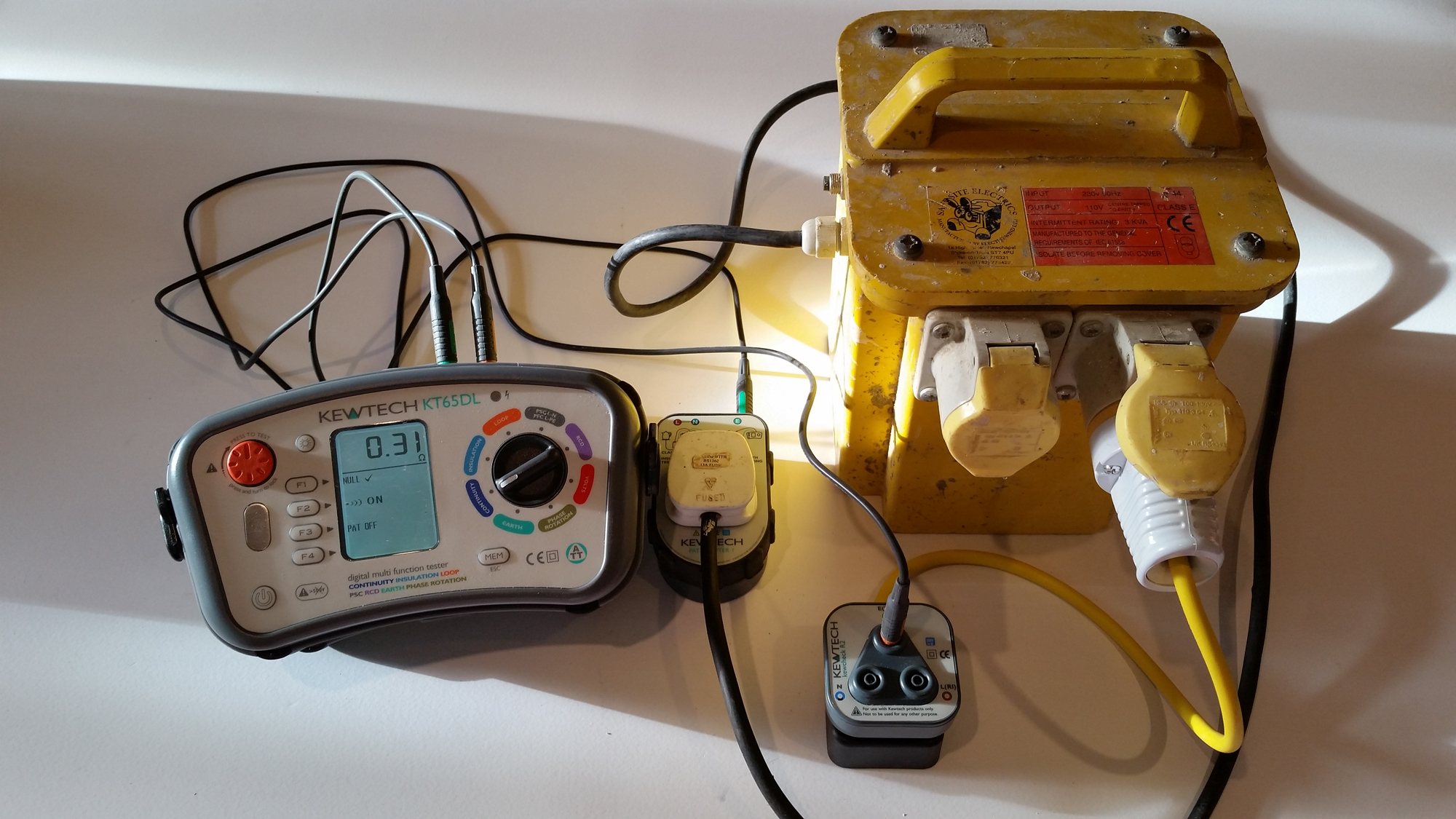
30 amp Transformer continuity PAT
30 amp Transformer continuity PAT Testing on 110v construction equipment. -
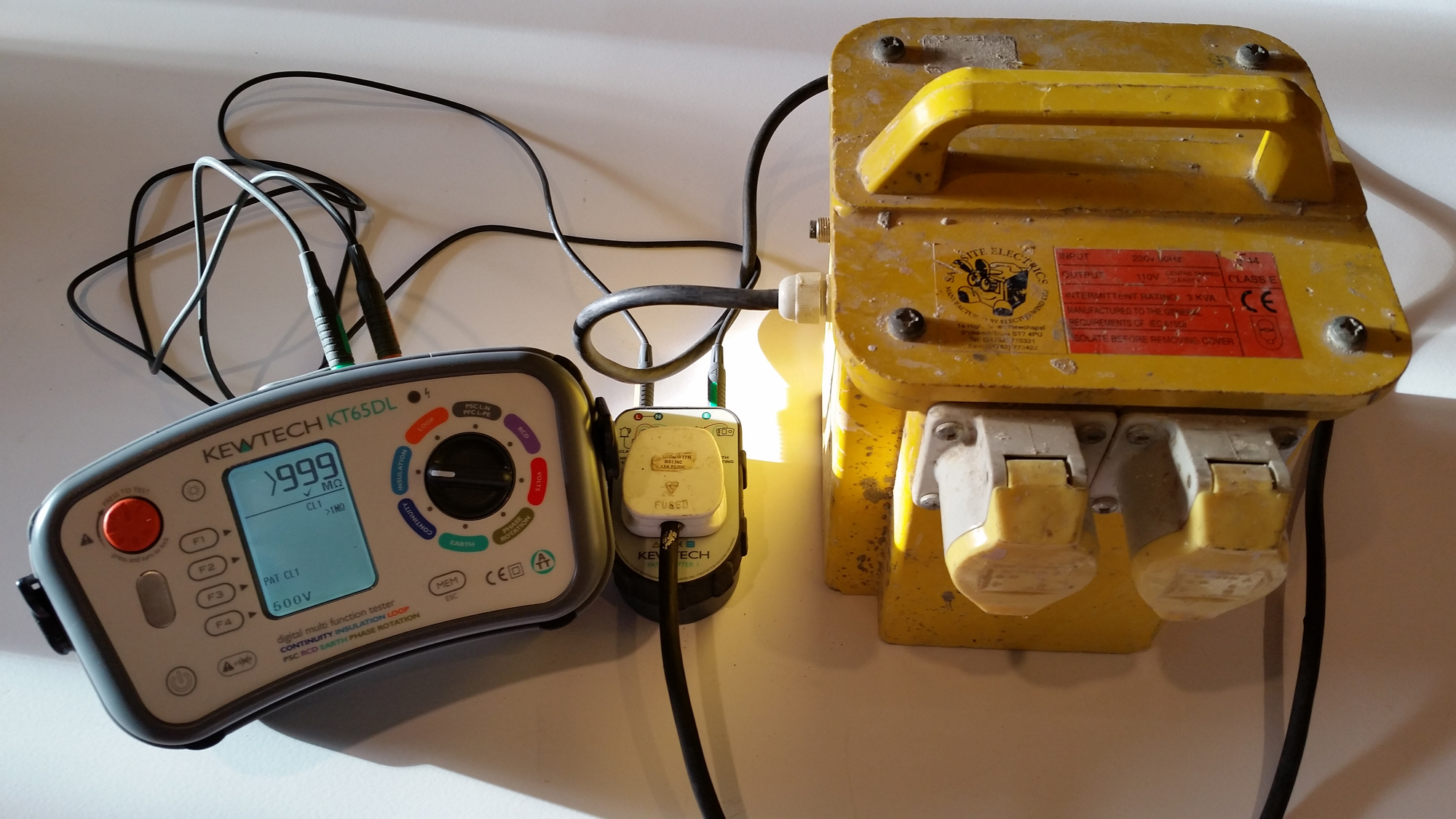
Transformer insulation testing
Transformer insulation resistance 110v portable appliance testing for building contractors. -
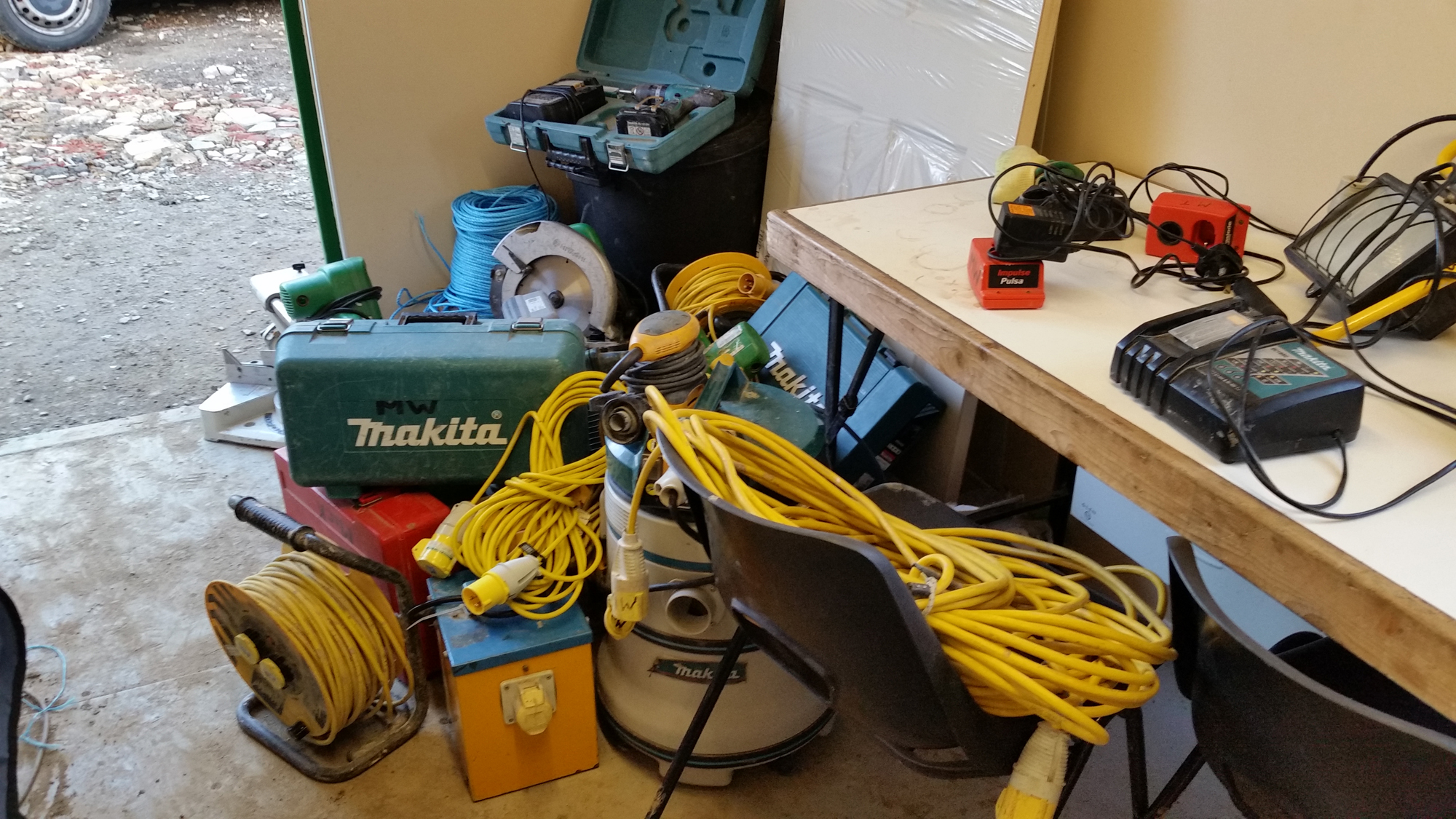
Construction site equipment PAT
Construction site equipment PAT Testing of 110v appliances for building contractors.
Contacting MRB Electrical & PAT Testing
Call the number below for more information or send a message

